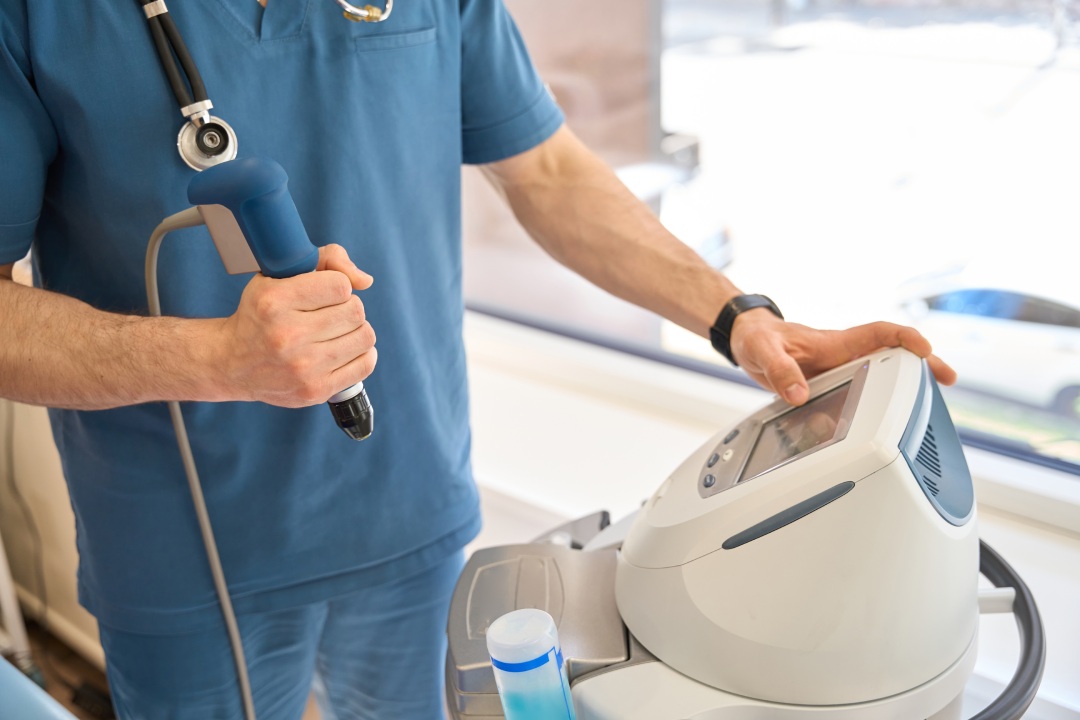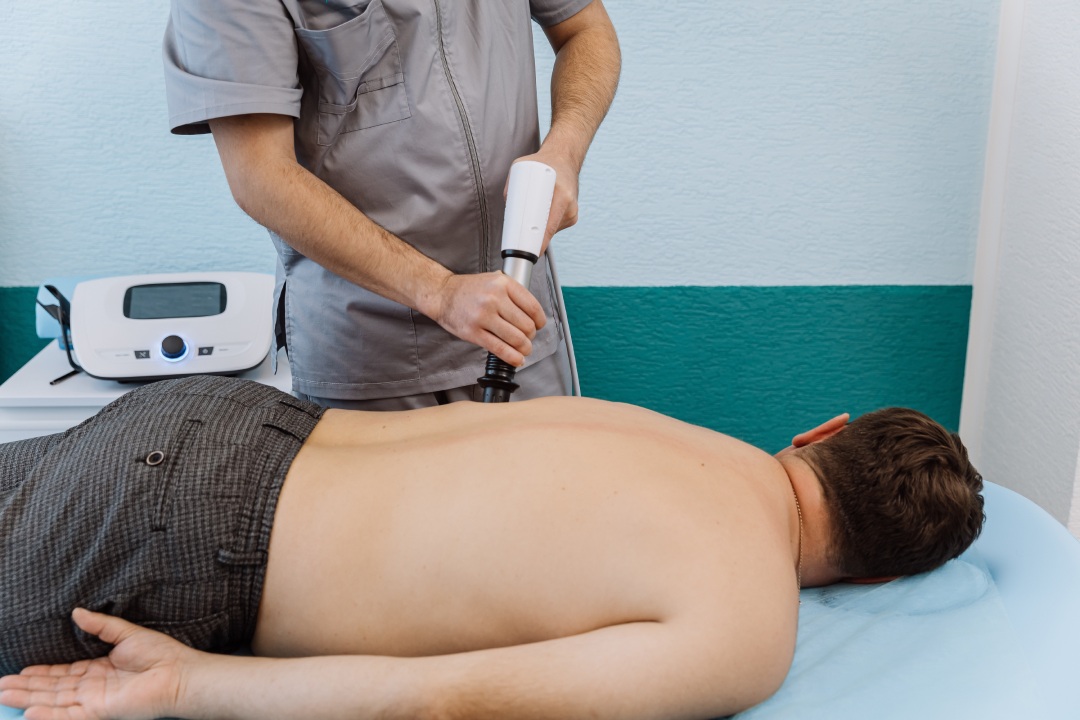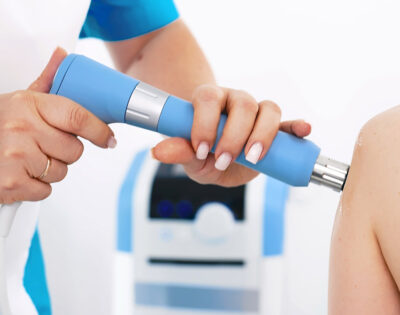The more patients you can treat, and treat effectively, the more customer satisfaction and income you can achieve. Shortening treatment times to 5-10 minutes has been identified as a key strategy in achieving these goals, as long as you reduce time spent with each patient without sacrificing the quality of care.
That is why you must assess whether any advancements genuinely aid in delivering patient care more efficiently. The primary consideration is whether the benefits of new technologies outweigh the time lost due to access issues and whether they effectively streamline clinical workflows. The technology must serve its intended purpose of enhancing Clinic Efficiency.
Understanding Clinician Workflow Challenges

Clinician workflow disruptions are numerous and varied, frequently stemming from cumbersome technology systems that, rather than streamlining tasks, create additional layers of complexity. Examples of such interruptions include prolonged login times, navigating through multiple software interfaces, and redundant data entry, which collectively eats into valuable patient care time.
While on their own, each inefficiency may seem small, the reality is that together, they have a tangible and negative impact on clinician productivity. More importantly, they compromise the quality of patient care.
Improving Workflow: A Key to Enhancing Patient Care and Clinic Efficiency
Workflow improvements can enable clinicians to see more patients without compromising the level of care. Efficient access solutions allow healthcare professionals to deliver the same treatment in less time, increasing Patient Throughput and outcomes. Addressing these workflow challenges is crucial for optimizing healthcare technology and improving Clinic Efficiency.
Increased Patient Throughput

One of the most immediate benefits of reducing treatment times is a marked increase in patient throughput, which refers to the number of patients a clinic can treat within a given period. For example, a 20-minute session allows for only three patients per hour. By cutting the session time in half to 10 minutes, clinics can treat up to 6 patients per hour, doubling their capacity.
This is particularly relevant for high-volume clinics, where the ability to treat more patients is at the heart of meeting demand. Reducing treatment times can increase patient throughput by 33% to 66%, depending on the initial duration of the treatments. For a clinic that typically sees 40 patients a day, this could translate to an additional 13-26 patients daily.
Improved Clinical Efficiency
Efficiency in healthcare is often measured by how well clinics manage their time and resources. When treatment sessions are reduced, clinics can better optimize their scheduling and minimize gaps between appointments. Reducing treatment times improves scheduling efficiency by 25% due to fewer idle periods and quicker patient transitions. This helps clinicians stay on track and reduces patient wait times, leading to a more positive overall experience.
By shortening treatment sessions, clinics can also mitigate workflow disruptions caused by inefficient technology use. Streamlining clinical workflows through time-saving access solutions, such as single sign-on (SSO) systems, further boosts clinic efficiency by minimizing time spent on redundant tasks. Such improvements free up clinicians to focus more on patient care rather than on cumbersome administrative processes.
Optimized Clinic Scheduling
Clinic scheduling plays a vital role in maintaining a steady patient flow. When treatment times are reduced to 5-10 minutes, clinics experience fewer bottlenecks and can better manage their available slots. A report by the Health Resources and Services Administration (HRSA) indicates that reducing treatment times can lead to a 20-30% improvement in on-time appointments, which means fewer delays, smoother patient flow, and more efficient resource allocation.
Shorter appointments also make accommodating urgent visits or last-minute cancellations easier, further enhancing clinic flexibility. This efficiency improves patient satisfaction and contributes to a more balanced workload for clinic staff.
Financial Impact and ROI
From a financial perspective, reducing treatment times has a significant positive impact on a clinic’s ROI. A 2019 study found that clinics that implemented shorter treatment durations increased their revenue by 15-20% annually. This increase is due to the higher patient volume, offset fixed operational costs and improved profit margins.
Clinics that reduce treatment times often report a 10-20% reduction in appointment cancellations. When patients experience shorter wait times and more convenient scheduling, they are less likely to cancel, further boosting clinic efficiency and revenue.
Shorter treatment sessions reduce staff overtime and administrative inefficiencies by 10-15%, contributing to overall cost savings. This combination of increased patient throughput, optimized scheduling, and financial efficiency underscores the value of adopting shorter treatment sessions in a clinical setting.
Optimizing Technology for Clinical Efficiency

In summary, effective healthcare technology integration hinges on its ability to streamline clinician workflows and reduce unnecessary complexity. Incorporating shorter treatment sessions of 5-10 minutes offers a clear path to enhancing clinic efficiency, improving patient throughput by up to 66%, and boosting ROI by 15-20%. These changes result in more efficient clinic operations, higher patient satisfaction, and better resource utilization, making this approach a win-win for both clinics and patients.
By adopting time-saving technologies and refining clinic workflows, healthcare providers can meet the growing demand for care while maximizing their operational capacity.
Clinician-centered solutions contribute to achieving this balance by optimizing adoption and minimizing disruption. As we look towards the future, adopting these technologies can significantly improve the healthcare experience for providers and patients.
Unlock your clinic’s potential with MYOSYTETM. Incorporate our state-of-the-art medical devices to maximize patient throughput and reduce treatment times. Contact MYOSYTE™ to elevate your clinic’s efficiency and patient satisfaction.





